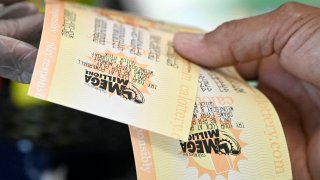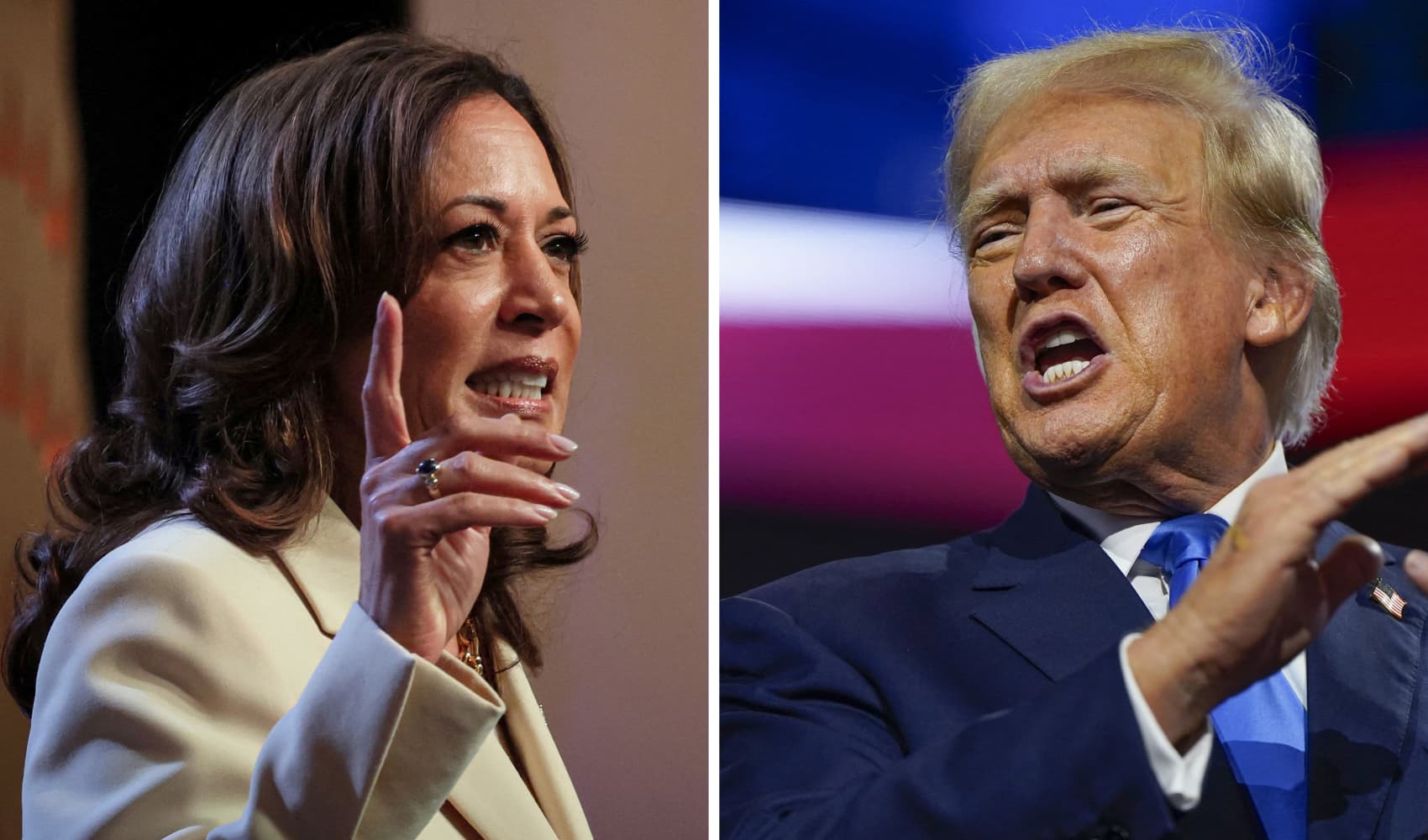
- As of Thursday, a Mega Millions jackpot won in July remained unclaimed, according to an Illinois Lottery spokesperson.
- If the winner doesn't claim the jackpot by Sept. 27 — 60 days after the July 29 drawing — the prize will default to the annuity option.
- The one-time reduced lump-sum option — which is what most jackpot winners choose — for this $1.34 billion windfall is $780.5 million.
The clock is ticking for whoever landed the $1.34 billion Mega Millions jackpot in late July — if they want to claim their prize as a lump sum.
In Illinois, where the winning ticket was sold, Mega Millions winners get a year to claim their windfall if they want to receive it as an annuity spread over three decades. But they only get 60 days if they would rather take the prize as an upfront, reduced lump sum, according to the Illinois Lottery.
This means if the winner doesn't claim the jackpot by Sept. 27 — 60 days after the July 29 drawing — the prize will default to the annuity option.
Get top local stories in Connecticut delivered to you every morning. Sign up for NBC Connecticut's News Headlines newsletter.
"They have a choice that will be made for them if they don't make it," said Susan Bradley, a certified financial planner and founder of the Sudden Money Institute in Palm Beach Gardens, Florida.
More from Personal Finance:
Inflation fears spur early start to holiday shopping
These steps can help you tackle stressful credit card debt
You may qualify for over $10,000 in climate incentives
The $1.34 billion jackpot, which marked the second-largest prize in the game's history, was won by a ticket purchased in Des Plaines, Illinois.
Money Report
As of Thursday, the jackpot remained unclaimed, according to Illinois Lottery spokesperson Meghan Powers.
"For a prize of this magnitude, it's not unusual for a winner to take a little bit longer to claim the prize as they may want to seek professional legal and financial advice prior to claiming," Powers said.
Whether the prize is taken as a lump sum or an annuity, there are pros and cons to each option that are best sorted through with the help of a team of professionals, Bradley said.
That team could include experts in financial areas such as taxes, wealth advice, investments, trusts and philanthropy.
"Right now, this winner, in a perfect world, has already set up a brain trust," Bradley said.
The lump-sum option is $780.5 million before taxes
The lump-sum, cash option — which most winners of big lottery jackpots choose — for this $1.34 billion prize is $780.5 million.
The amount would be reduced by a 24% federal tax withholding, or about $187.3 million. Another 4.95% would be withheld for state income taxes, which works out to $38.6 million. That would leave the winner with $554.6 million, although additional taxes would likely be due.
"Some people say take the lump sum because you manage it instead of the state," she said. "But that's loaded with all sorts of responsibilities that people can't see coming."
In other words, the cash amount would catapult the winner into possessing an amount of money that most people don't see in a lifetime. To preserve the wealth, decisions would need to be made about investment and tax strategies, philanthropic goals, spending and gifting, insurance and more.
You may need to plan for a 'replacement fund'
On the other hand, an annuity can appeal to winners who would rather have annual income for three decades, Bradley said. For this $1.34 billion jackpot, the yearly amount before taxes works out to average payments of $44.6 million, according to usamega.com.
In that scenario, however, the winner should give thought to what happens in 30 years when the payments stop.
"They should have a replacement fund," Bradley said, referring to winners who opt for an annuity. This generally means setting aside a portion of their annuity income every year when the payment arrives.
"Assume 50% of the annual payment is yours after taxes," she said. "Then split it in half again and put half in your replacement fund."
It's worth noting that the Illinois Lottery allows winners of prizes worth $250,000 or more to remain anonymous — which means you can keep your name out of the public eye.






